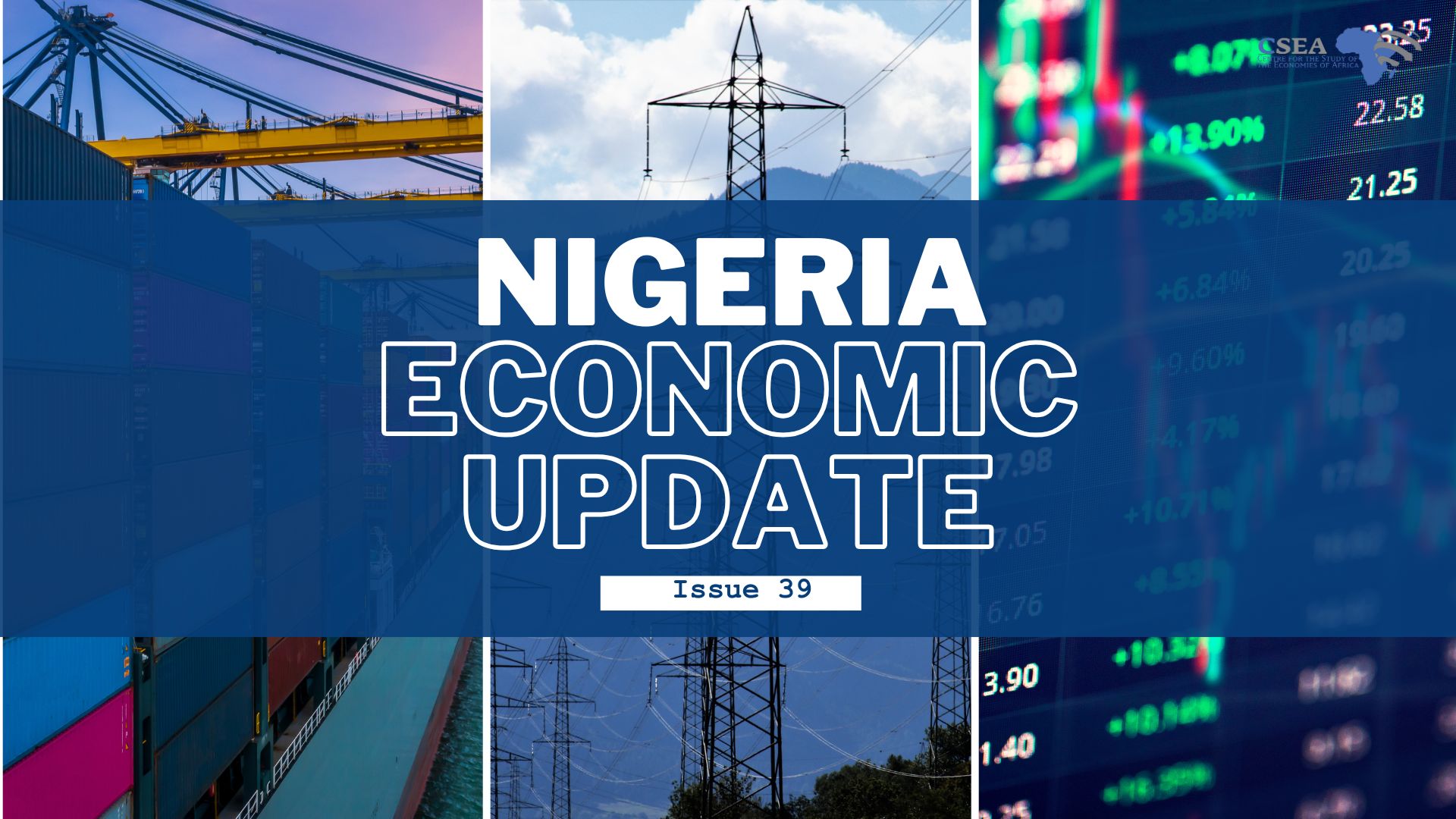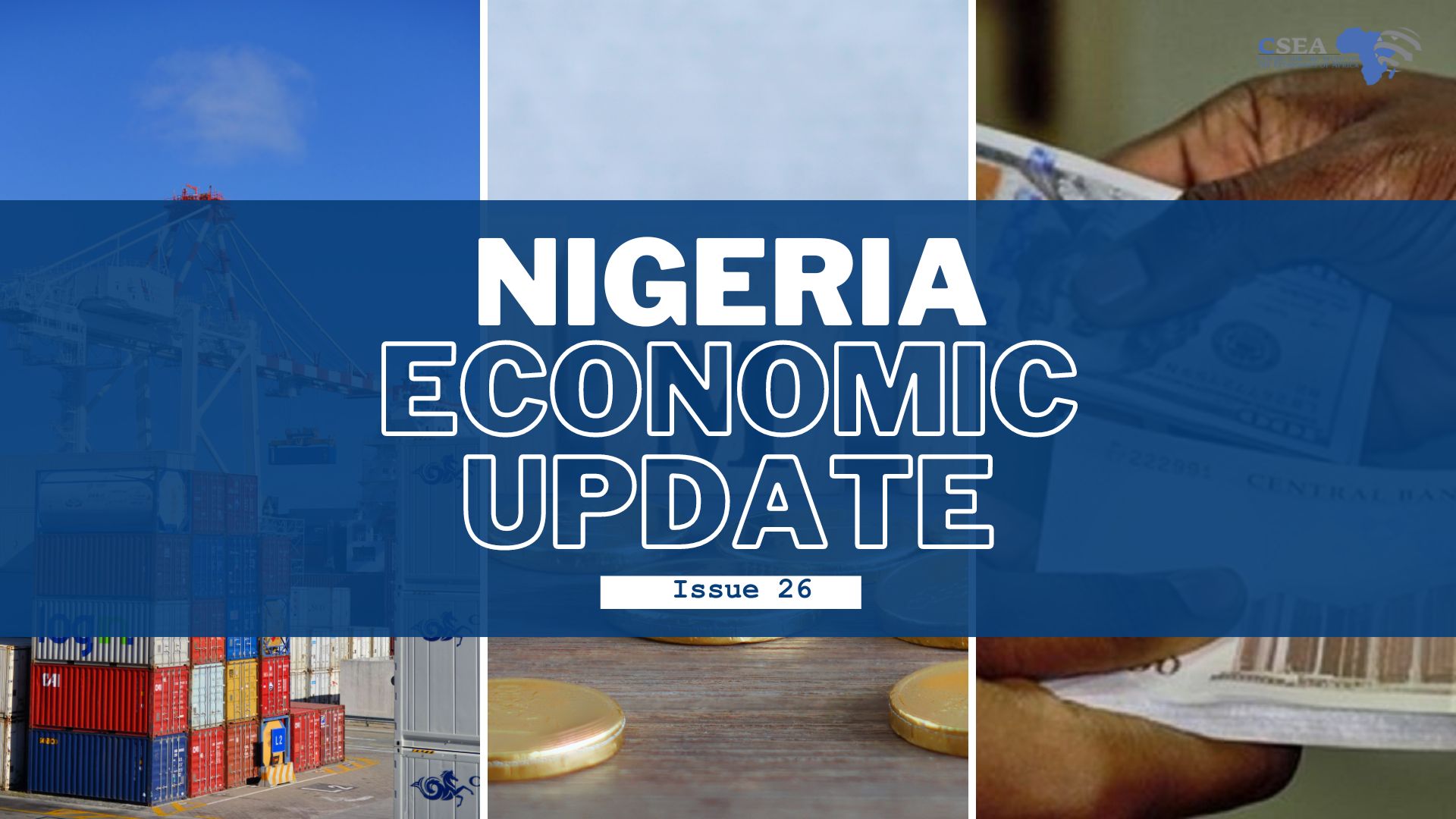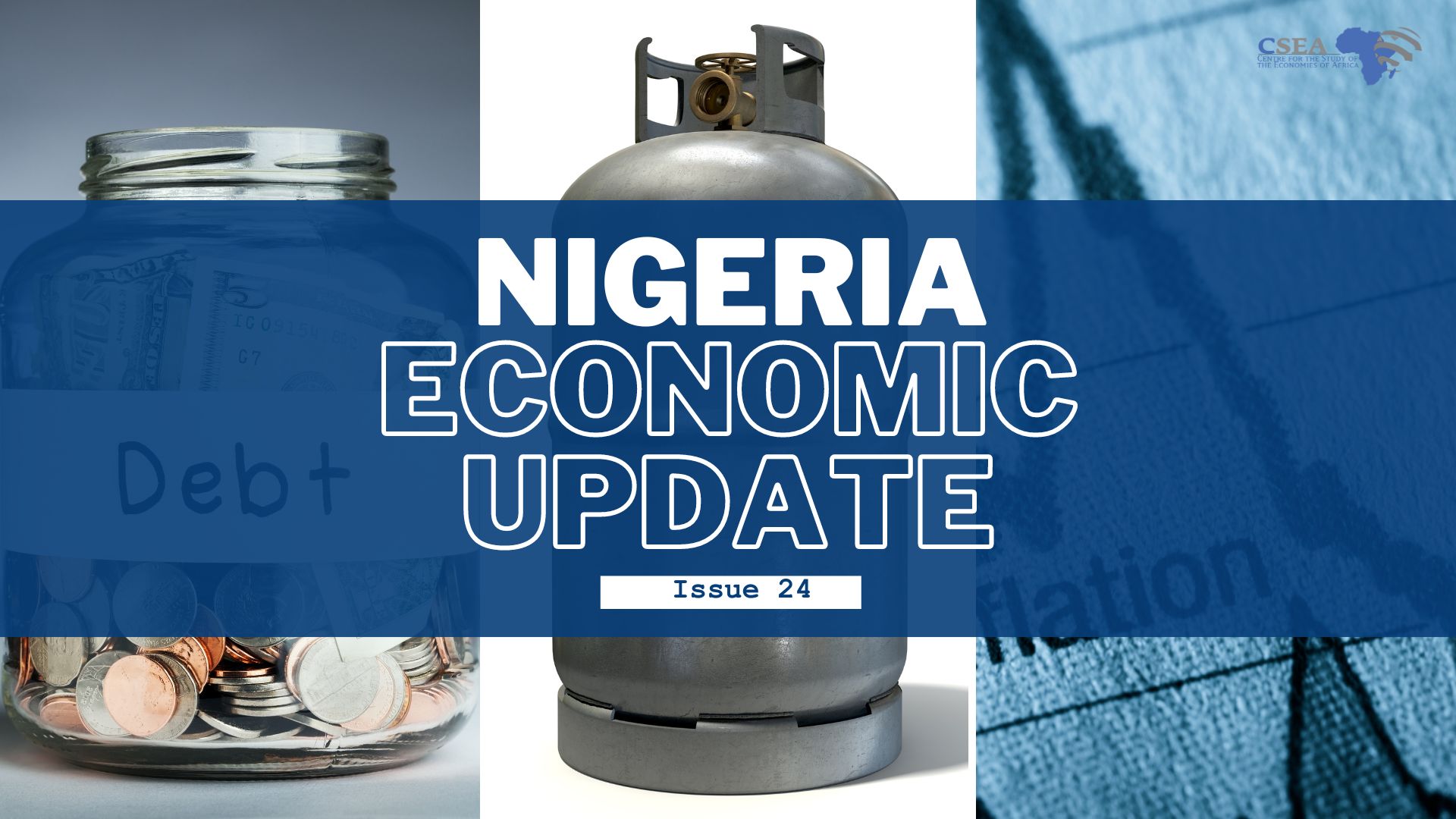The recent Nigerian capital importation report by the National Bureau of Statistics (NBS) revealed that the total value of capital importation stood at $2.6 billion in Q2 2024, indicating a 22.85% decline from the $3.4 billion recorded in the previous quarter. By type, portfolio investments recorded the highest value at $1.4 billion, accounting for 53.93% of the total, while other investments stood at $1.2 billion (44.92%). Foreign direct investments (FDI) recorded the least volume at $29.8 million, accounting for about 1.2% of the total capital importation in Q2 2024. Sector-wise, the banking sector saw the highest inflow, with US$1.1 billion (43.15%), followed by the production/manufacturing sector at US$624.7 million (23.99%) and the trading sector at US$569.2million (21.86%). Additionally, the report revealed that the highest capital importation came from the United Kingdom, accounting for 43.01% of the total, valued at US$1,120.15 million, followed by the Netherlands at 22.19% (US$577.82 million) and South Africa at 9.83% (US$255.98 million). FDI, which contributed the least, recorded a 74.97% decrease quarter-on-quarter,driven by macroeconomic uncertainty characterised by high inflation rate and exchange rate volatility. Persistent insecurity and fragile business environments leading to a decline in investors’ confidence might have contributed to the decline in FDI. To reverse this trend, the government must develop policies that promote macroeconomic stability, ensure forex liquidity, and create favourable business environments.
Download PDF

 English
English
 Arab
Arab
 Deutsch
Deutsch
 Português
Português
 China
China




